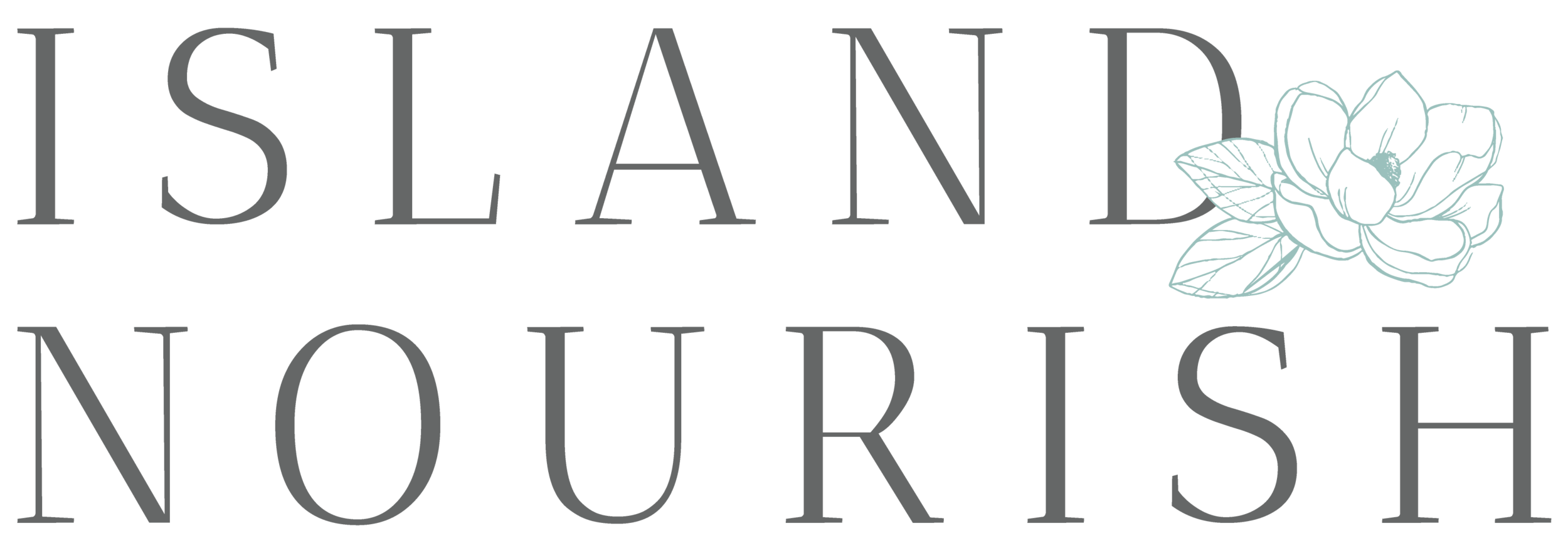I am reclaiming self-care from the snarks
Do your toes curl a little when you see or use the term self-care? Even I definitely wince slightly and I am a fully paid-up self-care evangelist. I discovered about 5 years ago that having a toolkit of self-care or wellbeing practices was actually a matter of survival. I know this sounds a little melodramatic but I’m dead serious about this. When I hit the big four-O my career should have been in the ascendent. Instead, I was so depleted, stressed and sick that I was simply struggling from day to day with no sense of the bigger picture or of how to influence my trajectory in the law firm I was working at. My job was perfectly fine, adequately challenging and I even enjoyed it occasionally but, frankly, I didn’t have the energy to be too ambitious. I experienced loss of confidence, imposter feelings and the downsides of people-pleasing and innate perfectionism. Throw in the challenges of law firm culture and dynamics, parenting a small child and a painful chronic disease and it was a tricky time of life to navigate. Self-care at this point was a completely foreign concept to me. As a busy lawyer, Mum and wife I just didn’t have time to think about it. Correction. I didn’t see the VALUE in self-care and so I didn’t make time for it. I know now that this was a major mistake and I suspect it’s a mistake being made by many of you in mid-career too. I know from speaking to a number of you that my experience is far from unique.
Why is self-care such an awkward concept anyway? It's mainly the “self” part. Surely thinking of oneself is selfish isn’t it? At best, self-indulgent and, at worst, possibly a little bit narcissistic? Shouldn’t we be focusing on other things? Our jobs or families for example? Many women I talk to find this genuinely difficult to get over. It just doesn’t feel right to be thinking of one’s own wellbeing when there are so many other more productive things we could be doing. Unfortunately as a term it has also been hijacked by those who sneer, eye-roll and see it as a banal trope peddled by Instagram “well-fluencers”, which doesn’t help.
So….what the hell is self-care anyway, I hear you cry? Isn’t it a bit nebulous as a term? Is it doing a yoga retreat twice a year? Is it reading in the bath? Baking? More importantly, is it something that will just add to your to-do list and be yet something else to have to live up to? All valid questions. For me, self-care is simply an activity, tool or protocol that helps us to live well and to feel better, more grounded and more connected to ourselves. It encompasses meeting physical, spiritual, emotional and nutritional needs. Self-care is a toolkit that you pull out and use on a daily basis. It is not something to save up for a 2 week holiday twice a year. It is not static. Today I want to feel strong and focused but next week I might want to lean into a softer, more spiritual side. It is something that is restorative and which allows us to replenish ourselves adequately so that we may then focus on our families, our clients, our work. It helps us to regulate fragile nervous systems and relax. It supports our mental and physical health. As a health coach I share lots of ideas on social media so please join me there if you are keen. Snarks need not apply….
In my experience, mid-career women need to focus on self-care the most. This is the point when we are in our late thirties or early forties and are taking on more responsibility at work and possibly planning to transition into a leadership role or partnership. At the same time we might be planning or growing our families, running a home and generally acting as social secretary, travel planner, auxiliary nurse/teacher, chauffeur and chef. To add to the fun we might suffer from periodic crushing guilt. We are multitasking and wearing numerous hats and trying to have it all but also losing our sense of self. It’s also at this time that our oestrogen and other hormones are starting to fluctuate which can influence mood, appetite, energy, cognition……the list is surprisingly long. It’s not all bad news though. This can be an exciting, dynamic and fulfilling period of life but we need to start to look after ourselves now so that we can set ourselves on a path to feeling more nourished and energised as we continue to pursue our rewarding careers and family aspirations.
I truly believe that a self-care practice should be a part of everyones’ success plan, with as much intention and strategy placed behind it as a transition to leadership. Frankly, workplace culture needs to genuinely support wellbeing, but until that happens we can start with showing up for ourselves like we do for our clients. I would love to hear your views on this.
